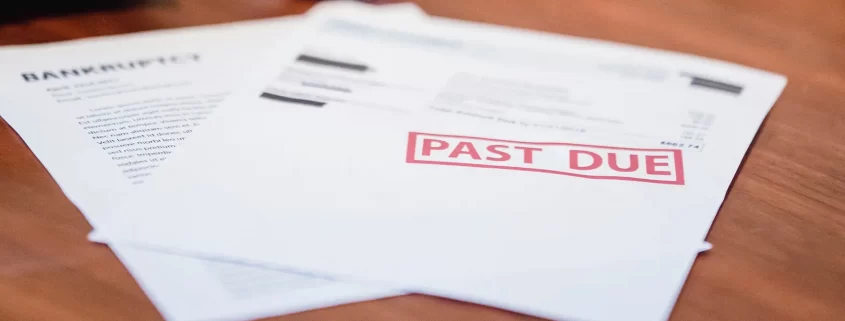Do I have too much debt to file for bankruptcy?
You don’t have too much debt for bankruptcy!
There is no such thing as having “too much debt” to file for bankruptcy. Sometimes, individuals believe their debt problems are too severe to get bankruptcy relief from the federal courts. But the entire purpose of bankruptcy is to provide a fresh start for people who are overwhelmed with debt and unable to pay their bills. Regardless of the amount of debt you have, bankruptcy is an option worth exploring.
Oddly, having too little debt is usually the major question. Too little debt means that you might not have enough liabilities to make it “worth it” to go through the whole process to have a bankruptcy discharge. Instead, you may need to negotiate your debt or set up payment plans. But excessive debt does not prevent you from filing.
Negotiating debts has the added advantage of rehabilitating your credit score in some cases, where bankruptcy will sink it for a while. But if your debt is large enough for you to ask whether it is too large, bankruptcy may be right for you.
There are limits on the type of debt that can be discharged in bankruptcy, and some types of debt, such as student loan debt, are generally non-dischargeable. Additionally, there are eligibility requirements for each type of bankruptcy, so it’s important for you to understand the requirements and eligibility criteria for the type of bankruptcy you are considering. But the quantity of debt doesn’t bar the door of the courthouse.
Bankruptcy protection is also unavailable to “serial filers.” There are limits on how often you can file for bankruptcy. Under federal law, you must wait eight years after filing a Chapter 7 bankruptcy before you can file another Chapter 7 bankruptcy. For Chapter 13 bankruptcy, you must wait two years after a previous Chapter 13 discharge and four years after a previous Chapter 7 discharge before you can file another Chapter 13 bankruptcy.
Are you afraid you have “too much debt” to file for bankruptcy? You may be a great candidate after all. Contact the bankruptcy attorneys at Cornerstone Law Firm to discuss your situation and how bankruptcy or debt consolidation can work for you.



